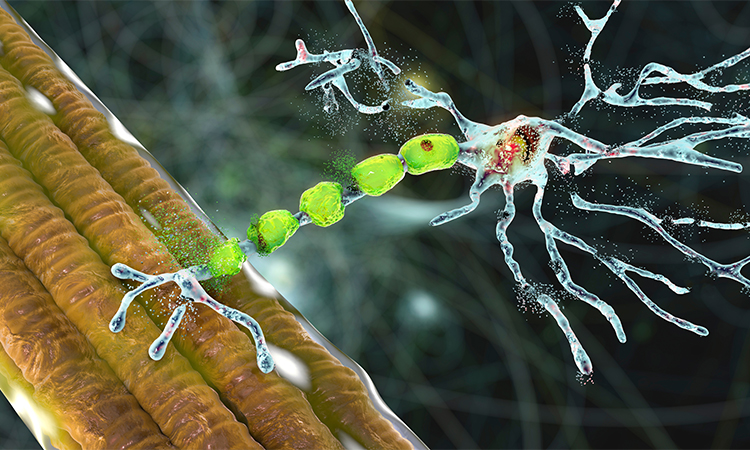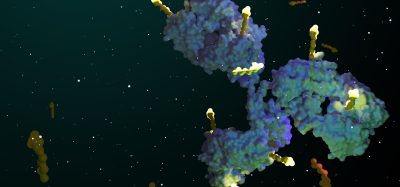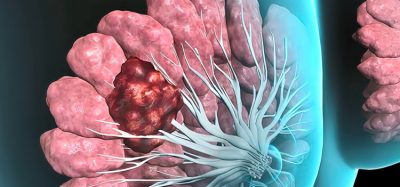Protein-based therapy shows promise for individuals with ALS
Posted: 14 October 2022 | Ria Kakkad (Drug Target Review) | No comments yet
In a petri dish under an environmental condition reminiscent of ALS, the team found that the protein activates a unique pathway inside cells that increases survival and protects endothelial cells from toxic substances in the blood.


Researchers at the University of South Florida (USF) Morsani College of Medicine, US, successfully tested a protein that has the potential to aid in the development of a protein-based therapy for patients with amyotrophic lateral sclerosis (ALS), a progressive nervous system disease, also known as Lou Gehrig’s disease, that affects nerve cells in the brain and spinal cord.
Published in eNeuro, the study examines the effects of apolipoprotein A1, a “good cholesterol” on endothelial cells, the lining in blood vessels that provides a barrier between the brain, spinal cord tissues and blood circulation.
In a petri dish under an environmental condition reminiscent of ALS, the team found that the protein activates a unique pathway inside cells that increases survival and protects endothelial cells from toxic substances in the blood. This pathway can enhance the survival of cells and prevent further vascular damage by ALS.
Biomarkers aren’t just supporting drug discovery – they’re driving it
FREE market report
From smarter trials to faster insights, this report unpacks the science, strategy and real-world impact behind the next generation of precision therapies.
What you’ll unlock:
- How biomarkers are guiding dose selection and early efficacy decisions in complex trials
- Why multi-omics, liquid biopsy and digital tools are redefining the discovery process
- What makes lab data regulatory-ready and why alignment matters from day one
Explore how biomarkers are shaping early drug development
Access the full report – it’s free!
“With a functional barrier, the hope is that the environment in the central nervous system will become less toxic and disease progression can be slowed,” said Professor Svitlana Garbuzova-Davis, lead investigator of the study.
While the protein has proven to protect endothelial cells in diseases such as diabetes and atherosclerosis, the effects on ALS-damaged endothelial cells were previously unknown.
To test the impact on ALS, the team examined how the protein affects endothelial cell signals. The team discovered that the injured cells absorb the protein, significantly reducing endothelial cell damage.
“It is a little early to predict what the ultimate effect is for patients,” Professor Alison Willing said. “In this study, we used a cell culture model where we can control all aspects of what the cells are exposed to. It is not possible to have the same degree of control in people.”
The researchers say this study laid the groundwork for additional research with animal models of ALS to fully determine the therapeutic effects of the protein. Upon successful results, apolipoprotein A1 may be considered for clinical trials, where it would be evaluated for safety and efficacy in ALS patients.
Soon, apolipoprotein A1 may be considered a potential novel therapeutic for endothelial cell repair, restoring the central nervous system barrier in ALS patients. It may also help alleviate ALS symptoms, such as imbalanced antioxidant levels and inflammation.
Related topics
Cell Cultures, Disease Research, Molecular Biology, Protein, Therapeutics
Related conditions
Amyotrophic Lateral Sclerosis (ALS)
Related organisations
University of South Florida (USF) Morsani College of Medicine
Related people
Professor Alison Willing, Professor Svitlana Garbuzova-Davis








